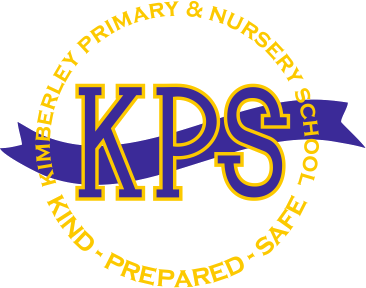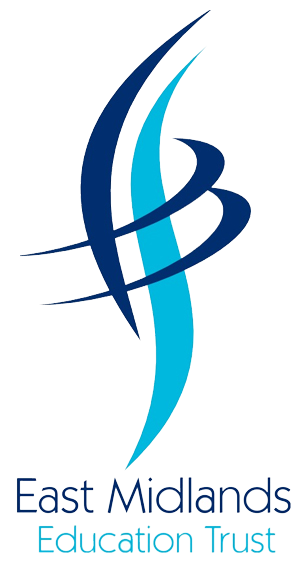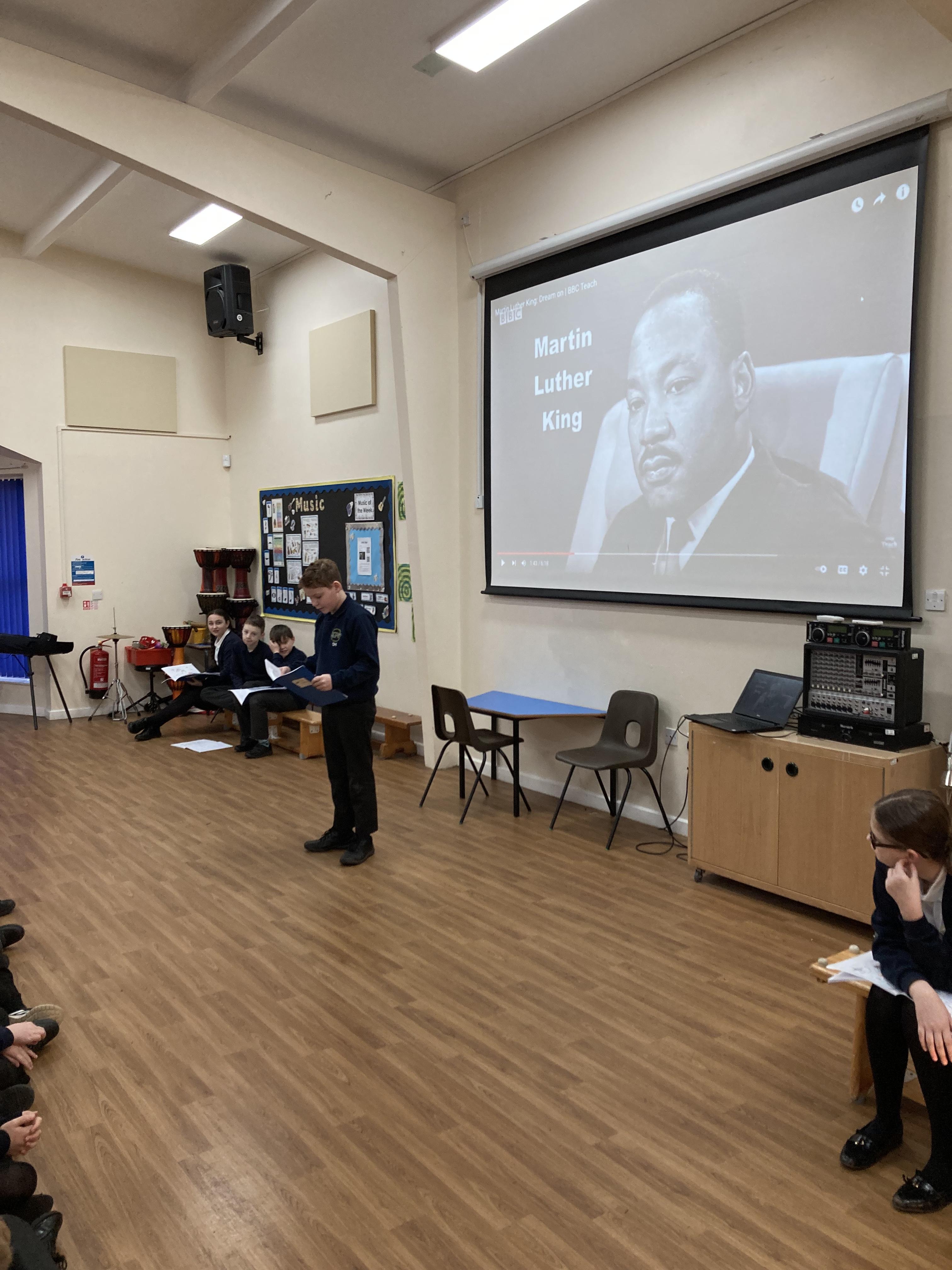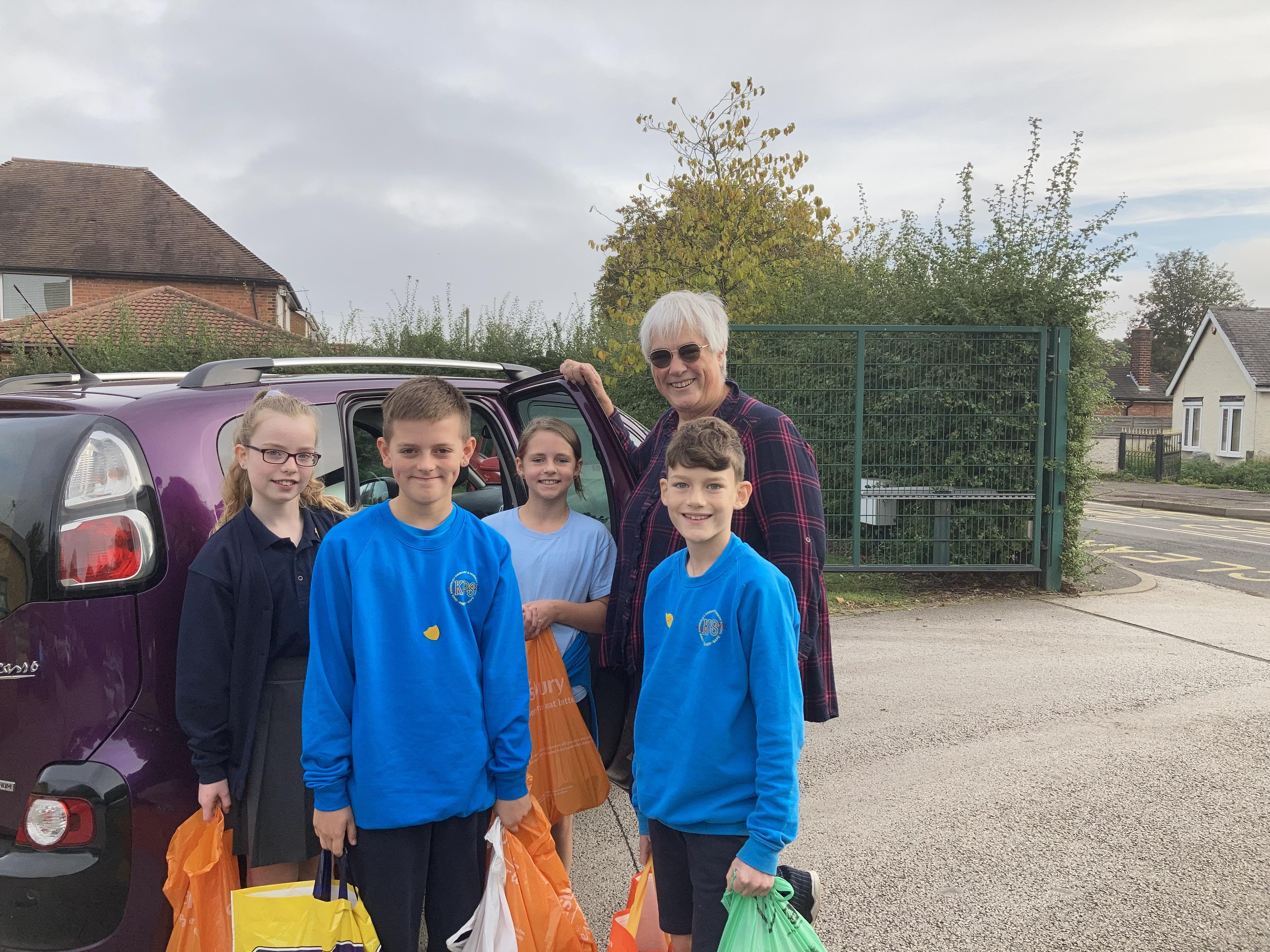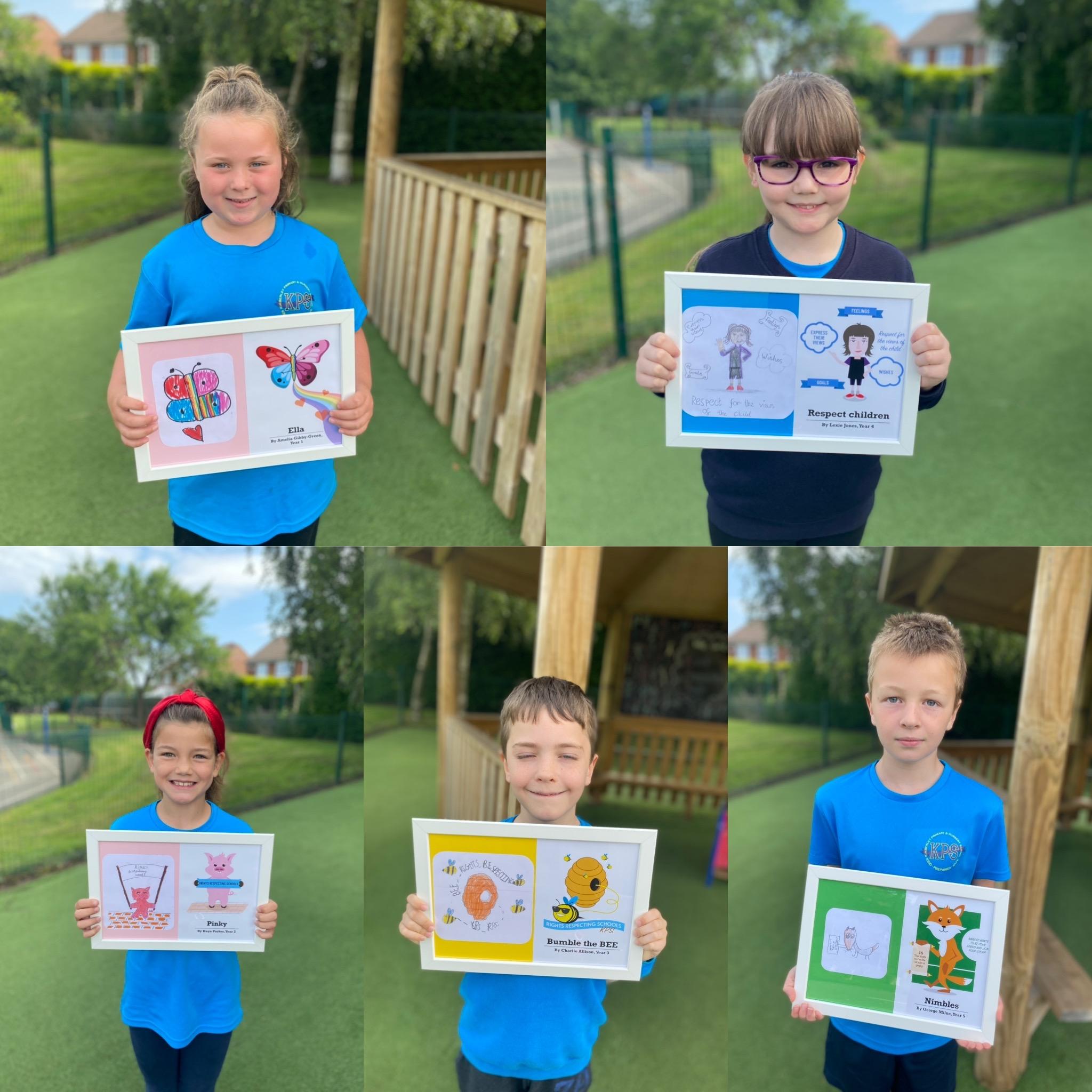PSHE and RSE
PSHE and RSE Curriculum Statement
- Aims and objectives
PSHE and Sex and Relationships Education within our school aims to provide opportunities for pupils to develop the skills, knowledge and understanding they need to lead confident, healthy, independent lives and become active and informed citizens. Information will be delivered in an accepting and honest way, which enables young people to contribute, and as deemed age-appropriate. Parents will be fully informed of policy and practice.
The sex education and relationship programme is an opportunity for pupils to:
• Develop an understanding of sex, sexuality and relationships.
• Develop a range of appropriate personal skills.
The aims will be achieved through developing an understanding of:
Attitudes and values
• To consider social and moral issues and dilemmas
• To value and respect different types of relationships
• To foster respect and responsibility for oneself/my body and for others
• To clarify myths and misconceptions
• To address stereotyping
Personal and social skills
- To acquire the knowledge and skills necessary to develop successful relationships
- To encourage self-awareness and an understanding of how their actions affect others
- To develop decision making skills, including critical thinking, awareness of choices and how to act on decisions made
- To develop communication skills with peers, parents and other adults
Knowledge and understanding
- To provide appropriate information that is relevant to the needs, age and maturity of the pupils
- To be able to recognise, acknowledge and positively deal with emotions
- To understand the physical and emotional changes associated with puberty
Organisation of the PSHE programme, PSHE Matters
PSHE Matters develops fully-rounded children who are healthy, sociable and emotionally literate. It covers key concepts and skills to help you fulfil schools statutory responsibility to support pupils’ SMSC (moral, social and cultural) education, focusing on Health and Wellbeing, Relationships and Living in the Wider World.
Naturally, British Values are at the heart of PSHE Matters. PSHE Matters prepares children for life in modern Britain today. It also helps pupils develop and apply skills and attitudes to allow them to become full and active citizens in our wider global community.
Organisation of the SRE programme
The majority of the lessons will be delivered through the personal, social, health and economic (PSHE) education, with statutory aspects taught via the science curriculum. This will ensure that it covers the statutory biological aspects, but also the social and emotional aspects. It is taught throughout the years, either as discrete topics/units or integrated into other topics, at a level appropriate to the needs and maturity of the pupils. As a group of main stream schools we have a duty to ensure that children with special educational needs and learning difficulties are properly included in sex and relationships education. Where necessary, the curriculum will be differentiated so that learning and teaching is appropriate. The delivery of the sex and relationships curriculum for the children will always be adjustable and flexible so that it is culturally appropriate and inclusive for all pupils.
At key stage 1 and key stage 2, the topics are broken down into specific areas that will be taught appropriate to pupils’ ages. Elements of the topics for key stage 1 and 2 are statutory in accordance with the science national curriculum. Kimberley Primary School are using the PSHE Matters scheme.
EYFS
In EYFS pupils are taught about:
• Family Relationships and Family dynamics
• Changes that have occurred in them since birth
• Recognising and understanding their own emotions and other peoples
These areas are found within the PSED, People and Communities and The world strands of the EYFS curriculum.
Key stage 1
Pupils in KS1 are taught:
• Changes to their bodies.
• Biological names for various body parts
• To match the correct body parts to a male and female.
• The function of clothing and keeping certain parts of our bodies private.
• About the process of aging.
These themes are taught through the following topics:
• Keeping clean
• Growing and changing
• Differences: Boys and girls
• Differences: male and female
• Naming body parts
Key stage 2
Pupils in KS2 are taught:
• About reproduction.
• About the word “puberty”.
• About the importance of hygiene.
• About stereotypical ideas regarding parenting and family roles.
• About the importance of relationships.
• How girls’ and boys’ bodies change during puberty.
• Strategies for the development of positive self-image and self-esteem.
• That babies are made during sexual intercourse.
• About the changes which relate to puberty such as menstruation and voice breaking.
At Kimberley Primary School, the above is taught through the PSHE Matters Programme.
PSHE & RSE
PSHE Education is vital in a child’s education. At Kimberley Primary School, we aim to provide opportunities for all pupils (including the most disadvantaged and those with special educational needs and/or disabilities) to develop the skills, knowledge and understanding they need to lead confident, healthy, independent lives and become active and informed citizens for life in Modern Britain.
PSHE enables pupils to understand and respect our common humanity, it’s diversity and differences so that children can go onto form the effective, fulfilling relationships that are an essential part of life and learning.
Safeguarding is a key element as pupils learn about their own identity, risks, decision-making and how to keep themselves safe.
PSHE helps pupils to learn to recognise their own value, work well with others and become increasingly responsible for their own learning. They can reflect on their own experiences and understand how they are developing personally and socially, tackling many of the spiritual, moral, social, and cultural issues that are part of growing up.
PSHE doesn’t just exist within the curriculum; the wide range of activities and experiences that school offers beyond the curriculum, in which pupils contribute to their school life and community, are a key part of PSHE.
We recognise the importance of PSHE in supporting children and young people’s mental health and wellbeing, academic achievement, and future success and each ½ term we have incorporated Well-being Wednesdays as part of our curriculum.
INTENT
At KPS, we value PSHE as an important part of the children’s education to positively contribute to their personal development by equipping them with the attributes, skills, and knowledge they will need to support physical, mental, and emotional wellbeing in school and beyond. Through PSHE we aim to develop children’s character, resilience, confidence, independence, and sense of self-worth.
By the time children leave in Year 6 we aim to:
|
Families and People who care for me |
• that families are important for children growing up because they can give love, security and stability.
• the characteristics of healthy family life, commitment to each other, including in times of difficulty, protection and care for children and other family members, the importance of spending time together and sharing each other’s lives. • that others’ families, either in school or in the wider world, sometimes look different from their family, but that they should respect those differences and know that other children’s families are also characterised by love and care that stable, caring relationships, which may be of different types, are at the heart of happy families, and are important for children’s security as they grow up. • that marriage represents a formal and legally recognised commitment of two people to each other which is intended to be lifelong. • how to recognise if family relationships are making them feel unhappy or unsafe, and how to seek help or advice from others if needed. |
|
Caring Friendships |
• how important friendships are in making us feel happy and secure, and how people choose and make friends. • the characteristics of friendships, including mutual respect, truthfulness, trustworthiness, loyalty, kindness, generosity, trust, sharing interests and experiences and support with problems and difficulties. • that healthy friendships are positive and welcoming towards others, and do not make others feel lonely or excluded. • that most friendships have ups and downs, and that these can often be worked through so that the friendship is repaired or even strengthened, and that resorting to violence is never right. • how to recognise who to trust and who not to trust, how to judge when a friendship is making them feel unhappy or uncomfortable, managing conflict, how to manage these situations and how to seek help or advice from others, if needed. |
|
Respectful Relationships |
• the importance of respecting others, even when they are very different from them (for example, physically, in character, personality or backgrounds), or make different choices or have different preferences or beliefs. • practical steps they can take in a range of different contexts to improve or support respectful relationships. • the conventions of courtesy and manners. • the importance of self-respect and how this links to their own happiness. • that in school and in wider society they can expect to be treated with respect by others, and that in turn they should show due respect to others, including those in positions of authority. about different types of bullying (including cyberbullying), the impact of bullying, responsibilities of bystanders (primarily reporting bullying to an adult) and how to get help. • what a stereotype is, and how stereotypes can be unfair, negative or destructive. • the importance of permission-seeking and giving in relationships with friends, peers and adults. |
|
Online relationships |
• that people sometimes behave differently online, including by pretending to be someone they are not. • that the same principles apply to online relationships as to face-toface relationships, including the importance of respect for others online including when we are anonymous. • the rules and principles for keeping safe online, how to recognise risks, harmful content and contact, and how to report them. • how to critically consider their online friendships and sources of information including awareness of the risks associated with people they have never met. • how information and data is shared and used online. |
|
Being Safe |
• what sorts of boundaries are appropriate in friendships with peers and others (including in a digital context). • about the concept of privacy and the implications of it for both children and adults; including that it is not always right to keep secrets if they relate to being safe. • that each person’s body belongs to them, and the differences between appropriate and inappropriate or unsafe physical, and other, contact. • how to respond safely and appropriately to adults they may encounter (in all contexts, including online) whom they do not know. • how to recognise and report feelings of being unsafe or feeling bad about any adult. • how to ask for advice or help for themselves or others, and to keep trying until they are heard. • how to report concerns or abuse, and the vocabulary and confidence needed to do so. • where to get advice e.g. family, school and/or other sources. |
IMPLEMENTATION
PSHE is taught on a weekly basis by the Class Teacher using the PSHE Matters scheme across school (Nursery-Year 6) although a lot of EYFS teaching is taught through the provision and interactions. There are 12 topics within the scheme which are taught over each Phase, 6 topics per year (½ term per topic). The scheme ensures that children are given the opportunity to revisit and review previous learning, whilst building upon these skills to move their learning forward. Lessons are sensitivity planned, taking consideration of the needs and demands of the pupils.
Special Days also supplement the children’s learning, including: Children in Need, Anti-Bullying Day and Internet Safety.
Visitors will also support covering some areas and some aspects e.g. First Aid will be delivered by outside agencies. Some aspects are covered in other subject areas such as Science, ICT and through weekly assemblies (where children’s spiritual, moral, social and cultural curiosity is stimulated, challenged and nurtured) and whole school events.
Assemblies – Picture News allows children opportunities to learn about news around the world; developing resilience, respect and understanding that they have a voice that can be used to impact things they feel passionately about.
PSHE matters covers 12 Modules which are revisited through each Key Stage.
These Modules are based on the 3 core themes:
Health and Wellbeing,
Relationships
Living in the Wider World.
In EYFS, PSHE is taught overall as part of our topic-based curriculum. Statements from Development Matters, Early Learning Goals and Characteristics of Effective Learning are referred to in each of the 12 Modules. PSHE is also continuously reinforced throughout continuous provision opportunities and an enabling environment.
For KS1 & KS2, 6 Topics are taught yearly. This enables each phase of learning to build upon the previous in each topic area, to revise and develop vocabulary, knowledge, and skills. Classrooms create a nurturing and supportive environment, and activities are planned to allow opportunities for discussion and debate.
Progression overviews of all topics from KS1 to KS2
Years 5 and 6, also have 'Life Skills' lessons taught by outside providers on a 2 yearly cycle.
At KPS, we have Feel Good Fridays' each ½ term. We also focus on key events such as Anti-bullying week, Safer Internet Day, Children’s Mental Health week etc.
Library – children have access to a range of texts, picture books, non-fiction, topic books, black history books etc which explore themes covered throughout our PSHE curriculum. Children in KS1 and KS2 have access to iPads and Laptops to support their own learning through research and information.
IMPACT
We measure the impact of our PSHE curriculum through:
Pupil voice discussions about their work and what they have learnt.
Pupil questionnaires
Children’s raised aspirations
Vocabulary children use.
Learning walks by the subject lead
Floor books – looking for progression of topics over Key Stages
EYFS – the % achieving the ELG in PSED at the end of the year.
As per other subjects, children will be assessed in PSHE.
RSE
Please refer to our RSE policy to see what we teach.
RSE parent survey results (April 24)
RSE coverage for Year 1 -6
RSE vocabulary in phases
Mental Health and Wellbeing
We know that everyone experiences life challenges that makes us vulnerable and at times, anyone may need additional emotional support. We take the view that positive mental health is everyone’s business.
Some children might have additional support through Elsa or Nurture group.
Guidance Documents & Links
Useful websites:
http://Amaze.org - age-appropriate information, clear and accurate language, with many short videos that help explore various topics around puberty, body changes, periods, etc.
www.outspokeneducation.com - online resources including a range of free home-schooling lessons for different age ranges, to support parents to talk openly about bodies, body image and relationships. Subscribe to a free newsletter.
https://learn.brook.org.uk - parents, carers and teachers can sign up to Brook Learn for free online modules on a range of RSE topics.
Autism and Puberty - The Place for Children with Autism
- Keeping Children Safe from Harm The NSPCC have a great PANTS resource which we use in school to help safeguard children and teach them safe boundaries delivered through a simple, catchy song.
- How to Keep Your Child Safe - CHSCB A good website with positive parenting, keeping children safe in different situations, online safety, safety in sports and safety at home
Visiting sites such as Family Lives is a good start point – there are lots of videos supporting various topics – you can access Parents TV through here as it splits it up into age ranges and topics for you.
Click here to access the site: Family lives – Parent TV
